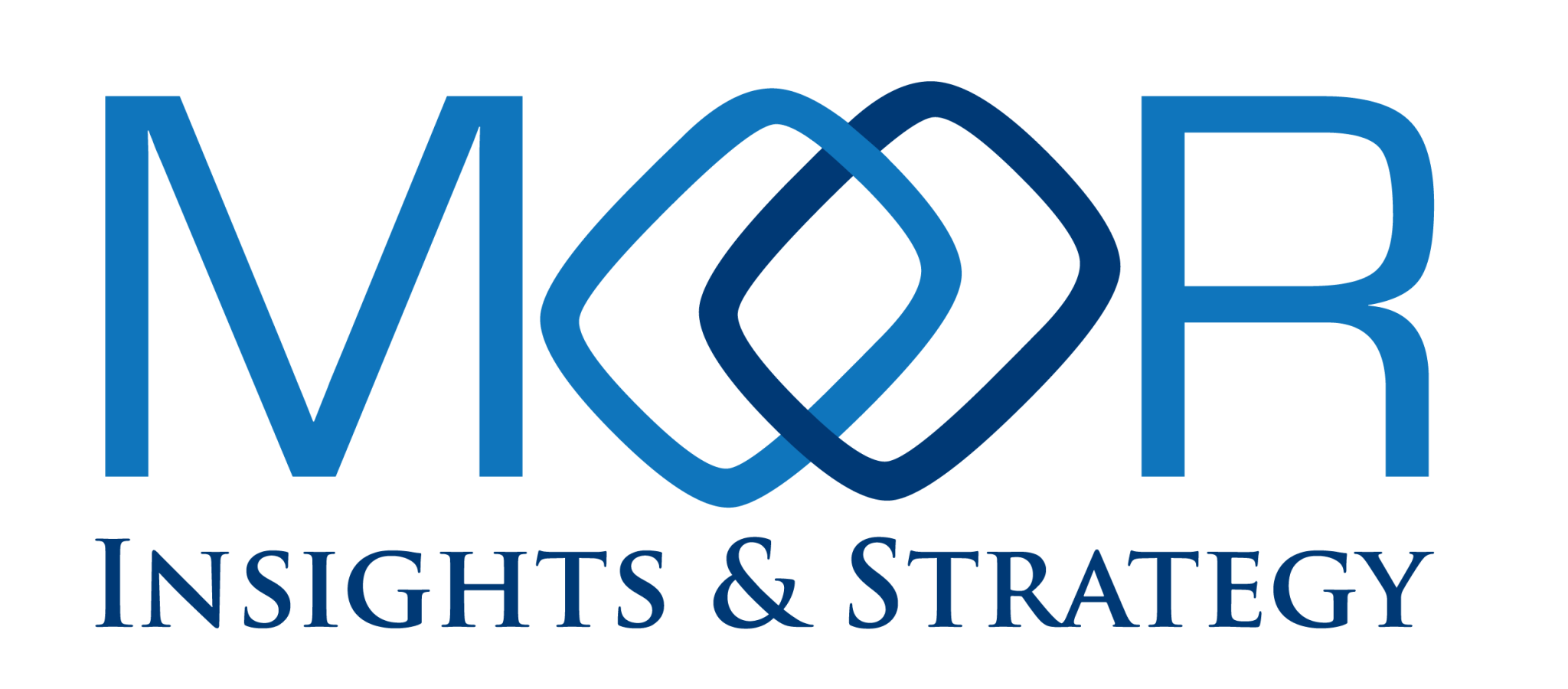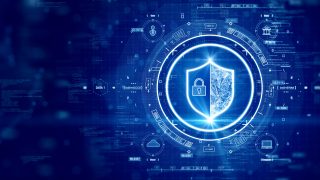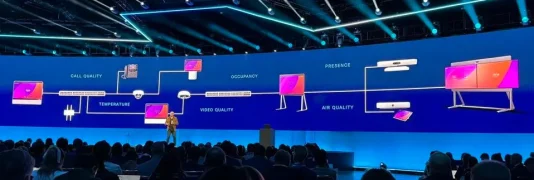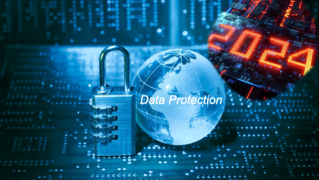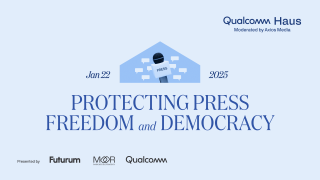Last month,
Canalys reported that “Apple is on track to become leading global PC vendor”. That would be a tremendous accomplishment, given that no reports had Apple in the top 5 at the end of 2010. How will Apple accomplish this? Well, according to Canalys, they will do it with iPads. You know, a “PC” without physical keyboards, trackpads, or mice. This re-classification got me thinking, what is a PC and how wide does this definition go?
I must point on very early that I am not debating here if the iPad can duplicate, replace or augment certain usage models a PC can do. I know first-hand this is true because I use my iPad now in circumstances that two years ago I would have only used my PC. A few examples are airplane trips and at Starbucks. I am not alone. Respected journalist Harry McCracken wrote a piece on Technologizer entitled, “
How the iPad 2 Became My Favorite Computer“. That is NOT what I am asking. I am asking about the industry classification of the device.
I’d like to propose a few tests and run a few products through to see what filters out. A PC today must have or be:
- Electronic: a PC must run off some kind of electric power, AC or DC.
- Operating system: a PC must run something above BIOS or machine code
- Personal: the PC is designed for one or a few people, not many. In other words, it’s not a multi-user server. (Clarification: It could serve many people, but isn’t classified as a server.)
- Portable: a PC can be moved
- Apps: a PC must be able to run an application above the operating system level
- Storage: a PC must be able to store personal data, settings or content
- Customizable: a user can change the PC’s settings
- Input: a user can input data so that the PC will react to commands
- Display Output: the PC will visibly show data based via some visible display technology
So, this seems fair, doesn’t it? Well, what products then are “personal computers” by with this definition?
Is this fair? Some of the items above even have generally accepted industry designations like e-readers, consoles, watches and refrigerators. Well, so does the iPad.
IDC,
Gartner, and
Forrester already designated the iPad a “tablet”, so it seems there’s precedence.
We all know the iPad isn’t a computer; it’s a tablet, so why do we all keep pretending? It is fun, I know, even I’m amused when writing this. So what is a PC?
I believe a PC has all the nine characteristics at the top of the page but with the following conditions:
- display greater than 5″
- physical keyboard
- physical mouse or trackpad
- light enough to be picked up by an average age adult
- open application environment where users can load, side-load without having to jail-break
While there will always be exceptions to the rule and definitions will evolve over time, I suggest this definition could help the industry to simplify and better educate.
Does any of this classification debate anything? While I agree with Tech.pinions colleague Ben Bajarin when he says, “Consumers don’t care nor think about it. They just hire products to get jobs done”, I do believe it matters a lot. Companies, investors, developers and consumers are influenced by classifications. Classifications get used to describe market share, which then impacts financial analysts, which then could impact the stock price of the company. This is also a factor that comes into play with technology investments. “Should I develop this piece of technology for the PC or tablet market”?
My final thoughts are on the future. The way technology is headed in the future, calling the iPad a PC will set precedence that will only lead to even more confusion and misinformation. I believe there’s a scenario where the
smartphone has a chance to dethrone the PC. If people change their usage models and start adopting it widely, should we re-classify the smartphone as a PC in a few years? If the answer is “yes”, then let’s also be prepared in 2015 to announce, “
Timex could become the leading PC maker in 2016″. Let’s stop classifying the iPad as a PC, it only serves to confuse people.
Patrick founded the firm based on his real-world world technology experiences with the understanding of what he wasn’t getting from analysts and consultants. Ten years later, Patrick is ranked #1 among technology industry analysts in terms of “power” (ARInsights) in “press citations” (Apollo Research). Moorhead is a contributor at Forbes and frequently appears on CNBC. He is a broad-based analyst covering a wide variety of topics including the cloud, enterprise SaaS, collaboration, client computing, and semiconductors. He has 30 years of experience including 15 years of executive experience at high tech companies (NCR, AT&T, Compaq, now HP, and AMD) leading strategy, product management, product marketing, and corporate marketing, including three industry board appointments.
